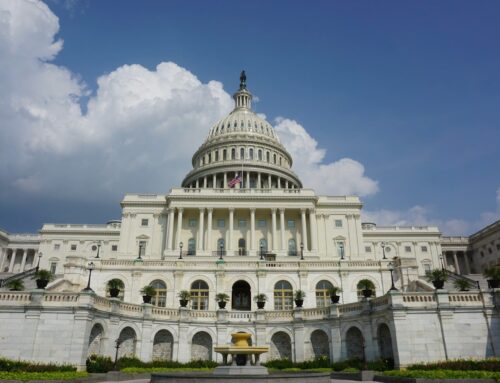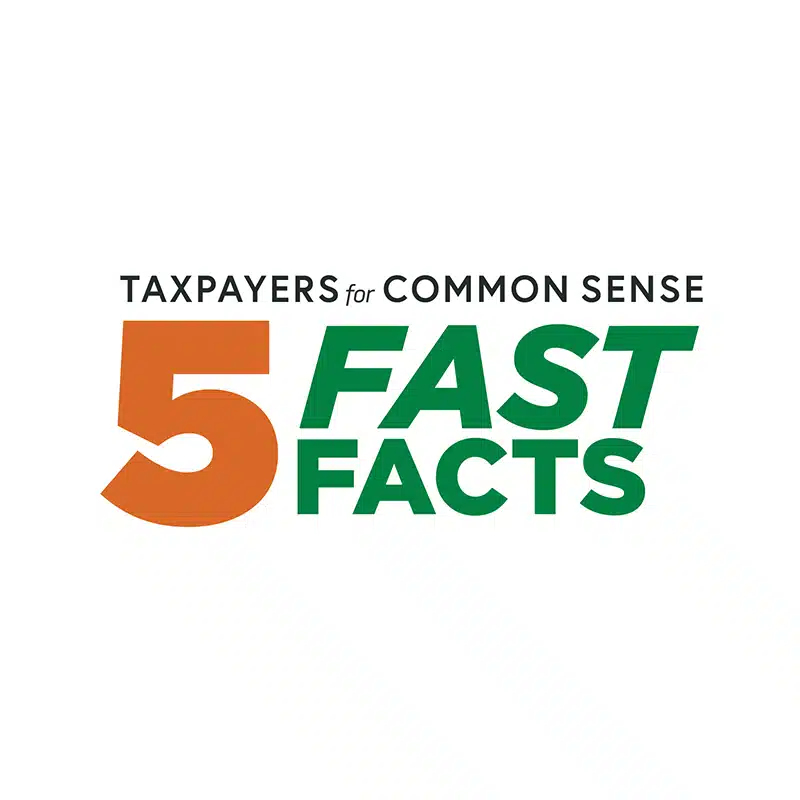Anyone serious about cutting wasteful spending and subsidies should support reforming our campaign finance laws. This is a leading way to reduce the influence that wealthy special interests have over Washington.
The heart of this reform is limiting the impact of “soft money” on elections. Not directed to one specific candidate, each year millions of dollars are donated by corporations, unions and wealthy individuals to the national and state party organizations and on independent issues advertising campaigns.
The current soft money system benefits only the special interests and punishes both middle-income and lower-income Americans. Soft money is at the core of the corporate welfare giveaways that cost taxpayers billions of dollars. The pernicious influence of big money permits special interests to advance their agendas in Congress and at the White House — too often at the expense of ordinary taxpayers.
Over the past several decades, the use of soft money contributions has snowballed out of control. Special interests often spread money around to all sides so that they can guarantee their voice in the legislative process regardless of who wins the election or which party holds a majority in Congress.
A quick look at the soft money contributions during the 1999-2000 election cycle reveals that 980 organizations gave $100,000 or more to the Democratic and Republican parties. Countless special interests hedged their bets by contributing equally to both parties. For example, Enron, whose political influence has come under serious scrutiny of late, gave $532,565 to the Democrats and $1,138,990 to the Republicans. Northwest Airlines, who has recently knocked on Congress' door asking for a bailout contributed just short of $1 million dollars, splitting it evenly between the Democrats and Republicans.
These contributions buy special interests a disproportionate amount of influence over the lawmaking process. At the very least, a $100,000 check does an excellent job at opening the door to a one-on-one meeting with a powerful lawmaker during which special interests can advocate irresponsible spending.
Each year, industries benefit from billions of dollars in handouts from the federal government. The energy sector contributed nearly $65 million in individual, PAC and soft money donations to federal candidates and parties in 1999-2000. Coincidentally, energy legislation passed in the House in 2001 included $62 billion in subsidies to these same corporations that financed the campaigns of the lawmakers who wrote the subsidies into law. During the 2000 election cycle, agribusiness made over $20 million in soft money investments, and stood to receive more than $170 billion over 10 years from the Farm Bill passed by the House last year. That's a better investment return than an Enron executive selling off their options.
Last year the Senate passed a landmark campaign finance reform bill, which is a positive step toward limiting soft money contributions. On January 24, the final four signatures were added to a discharge petition to force House leadership to stop blocking campaign finance reform legislation from coming to a vote on the floor. This step brought our country closer than ever to real campaign finance reform.
Reforming our campaign finance system to stop wealthy corporations and individuals from having a disproportionate amount of influence is long overdue. Passing a strong campaign finance reform bill that limits soft money contributions is a step in the right direction.











Get Social